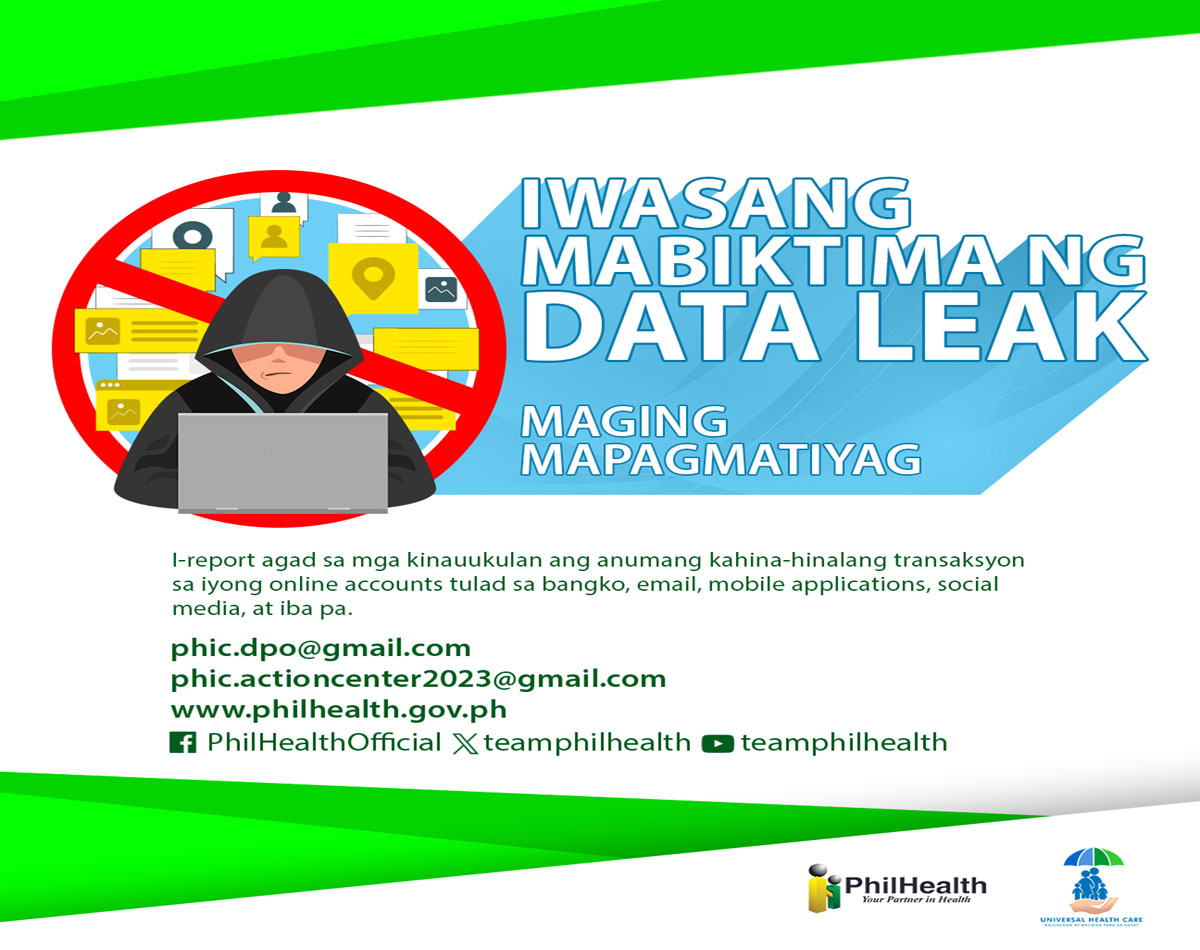We’ve talked quite a bit lately about how the Blurred Lines decision, saying that having a similar “feel” in a song can be copyright infringement even if it’s not a direct copy, has truly messed up the recording industry. Artists are afraid to even mention inspirations for fear of it leading to a lawsuit. New lawsuits are freaking out musicians and even have the RIAA complaining that maybe copyright protection has gone too far.
It appears we’ve got another such lawsuit, this time against Lil Nas X, who had the undisputed “song of the summer” with “Old Town Road.” Lil Nas X released his 7 EP earlier this summer, which included a couple versions of “Old Town Road,” but also a collaboration with Cardi B called “Rodeo.”
And now they (and everyone else) have been sued over the song claiming that it infringes on a beat called “gwenXdonelee4-142” (catchy name that) that was incorporated into a song you probably haven’t heard of: “Broad Day” by PuretoReefa and Sakrite Duexe.
Now, what’s important here is that complaint does not claim that Rodeo sampled Broad Day or even that it directly copied the original beat. It literally notes that they just have a “substantially similar” sound.
The similarities between the works at issue include but are not limited to the following: the two works at issue employ a number of substantially similar elements and material which constitute a constellation of elements creating a substantially similar overall sound and feel, as set forth in the below, non-inclusive musical analysis…
It then notes a variety of similarities, including that the chord progression is the same (which, uh, so what?) and that they’re both at 142 beats per minute. And then there are things like:
Plaintiffs’ Work utilizes guitar and wind instruments to evoke a certain aesthetic that is set against hip-hop elements derived from digital drum and bass elements….
Rodeo also utilizes guitar and wind instruments to evoke a certain aesthetic that is set against hip-hop elements derived from digital drum and bass elements.
And:
At regular intervals in Plaintiffs’ Work, the rhythmic guitar part outlining chords is replaced with a single note line playing an ascending then descending scale moving with the chord changes….
At regular intervals, Rodeo’s rhythmic guitar part is replaced with a single note line playing ascending and descending scales following the chord progression.
Yes, the songs sound similar. Lots of songs sound similar. That doesn’t mean it’s infringement, nor should it. But, in a post Blurred Lines reality, that’s what we have. Two songs having some similarities are suddenly deemed infringing and the lawsuits start flying. It wouldn’t surprise me to find that this case is just settled with the beat creators getting a song-writing credit, because that’s often cheaper and faster than going through a whole court case, but the whole thing is pretty messed up and has nothing to do with the true purpose of copyright law.
Again, though, the recording industry only has itself to blame for this situation. It spent decades pushing a maximalist view of copyright, that everything must be owned and that everything must be licensed. Now it’s discovering what that means in the real world.
Permalink | Comments | Email This Story
Techdirt.


